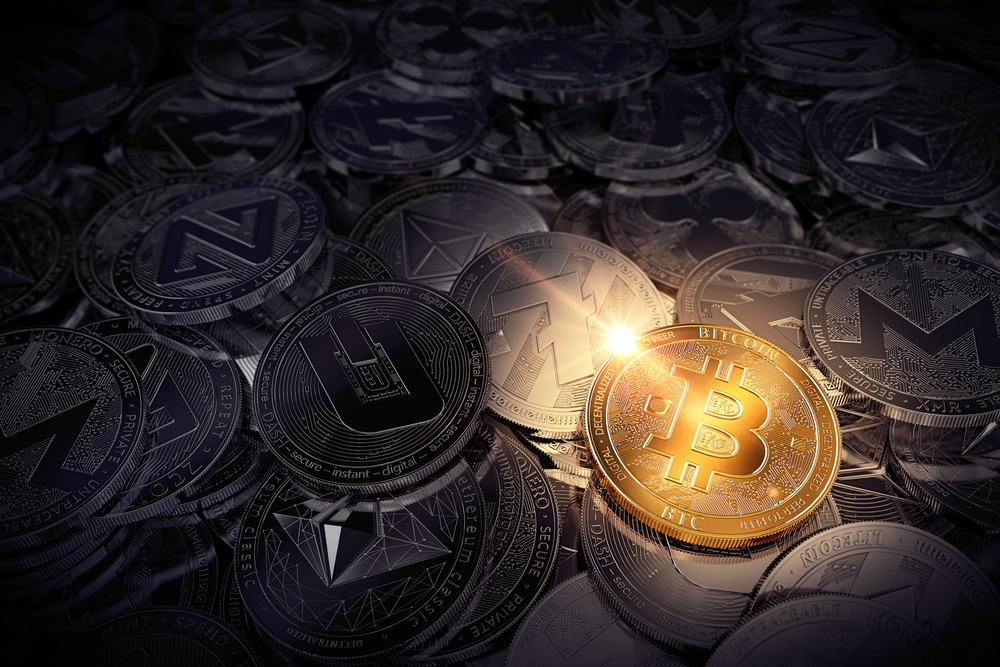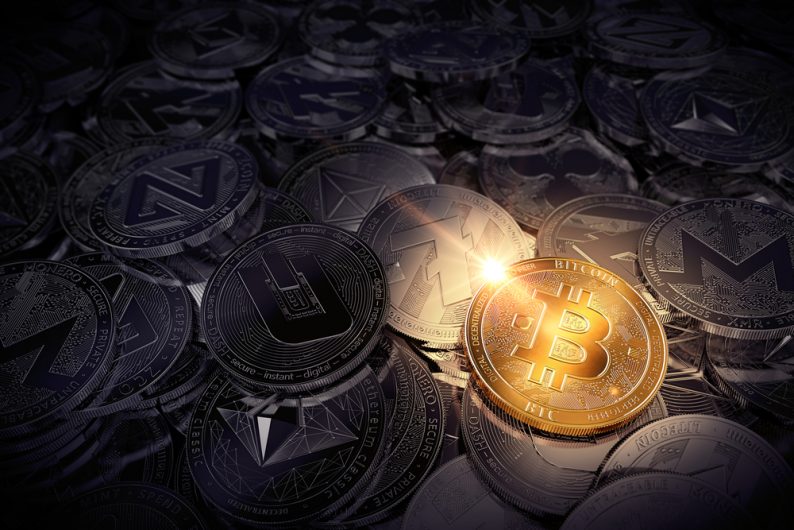Professional critics of cryptocurrencies need to re-learn their history
One of the most absurd statements I’ve ever heard about cryptocurrencies came from one of the world’s foremost bankers. The head of the Bank of International Settlements, Agustín Carstens, was quoted as saying: “Young people should use their many talents and skills for innovation, not reinventing money. It’s a fallacy to think money can be created from nothing.”
Now that’s rich, coming from a guy whose job it was, as a central banker, to create money from nothing every day. In fact money is, and always has been, created from nothing! Money is a human invention. Its value exists only in our imagination. It dates back more than two thousand years, but did not exist before people invented it. It was not handed down from on high, on stone tablets.

So, if money was invented by people, it can be reinvented by people.
This is a key point, because the idea of paper money being sacrosanct underlies so much of the criticism of cryptocurrencies. In fact, paper money is not sacrosanct. I like the way Bitcoin advocate Andreas Antonopulous puts it: Money is a language that we use to communicate value.
Way back in 1997, ten years before the advent of Bitcoin, and when the world was still using dial-up modems, anthropologist Jack Weatherford foresaw the rise of digital money in his book, The History of Money. He traces the history of money in three epochs:
Listen to his extremely prescient words, from two decades ago:
Each of the two initial types of money created its own unique culture that differed markedly from all earlier ones. Now, at the opening of the 21st Century, the world is entering the third stage of its monetary history—the era of electronic money and the rise of the virtual economy. The rise of electronic money will produce changes in society as radical as far-reaching as the two earlier monetary revolutions caused in their own eras. The new money will make sweeping changes in the political systems, in the organization of commercial enterprises, and in the nature of class organization. Virtual money promises to make its own version of civilization that will be as different from the modern world as from the world of the Aztecs or the Vikings.













Leave A Comment